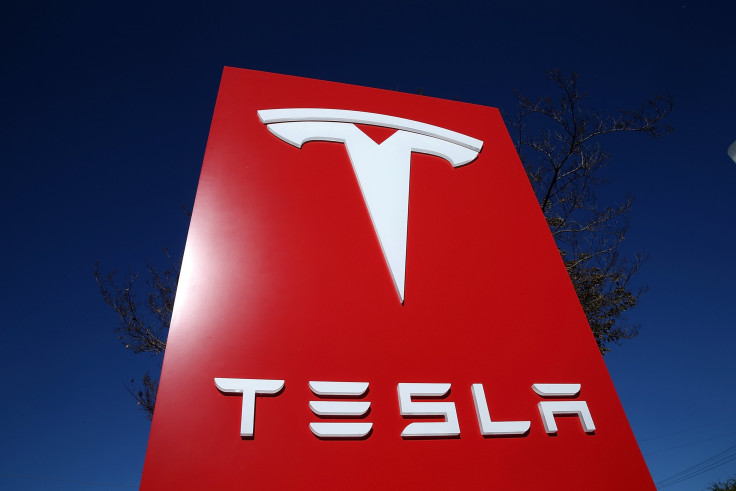Tesla CEO Elon Musk On Hydrogen Cars: It's 'Mind-Bogglingly Stupid'

Elon Musk’s Tesla cars may have changed the way we look at sustainable driving, but the company’s CEO remains unconvinced that hydrogen cars are the way of the future and even called the idea “mind-bogglingly stupid.”
During an annual shareholders’ meeting years ago, the enigmatic visionary dismissed the advent of using hydrogen fuel cells in vehicles, calling it “fool cells” and pointing out that “success is simply not possible” for the energy alternative.
His statement years ago seems especially relevant today as the automobile industry continues the debate on whether or not hydrogen-powered vehicles are the way of the future.
Hydrogen is used for fuel cell electric vehicles (FCEVs) that combine hydrogen stored in a tank with oxygen from the air to produce electricity, making it possible for cars to run even without plugging it in a charging station.
An advantage of using hydrogen is that it is one of the most abundant resources in the planet and a report from CNBC said that hydrogen-powered models actually exceed 300 miles of range on a full tank.
Established car companies like Toyota and Hyundai have successfully moved forward with hydrogen-powered vehicles. Toyota has Mirai, the company’s hydrogen fuel cell family car which sold around 5,000 units since 2015. The company expects to sell more of the vehicle as more hydrogen fueling stations open up.
"Toyota has long maintained that hydrogen fuel cell technology could be a zero-emission solution across a broad spectrum of vehicle types," said Russ Koble, a spokesman in Toyota's environmental and advanced technology group.
Hyundai, on the other hand, has an all-new, hydrogen-fuel-cell-powered SUV called Nexo. The vehicle has been described as both comfortable and fast, although finding hydrogen to fuel it is considered to be a major turnoff.
But as what Musk reiterated two years ago, hydrogen-powered vehicles tend to consume energy just as fast as gasoline-powered ones. Experts from the Union of Concerned Scientists have also noted that producing hydrogen can lead to pollution, although significantly lower than conventional cars.
There are also experts who echo Musk’s beliefs and one of them is Yoshikazu Tanaka, the chief engineer for Mirai.
“Elon Musk is right — it's better to charge the electric car directly by plugging in," he told Reuters but then the engineer said that hydrogen remains to be one of the best alternatives to gasoline.
Despite Musk's negative views on hydrogen cars, industry leaders believe that it may soon dominate the market. A 2017 survey of 1,000 global auto executives showed that the industry believes hydrogen cars could outperform electric vehicles in the near future.
Musk’s Tesla brand is known to champion the acceleration of sustainable energy by focusing on the development of solar power, battery storage and electric cars. The CEO even opened the company’s patents to the public to encourage more automobile companies to develop and add electric vehicles to their lineups.
© Copyright IBTimes 2025. All rights reserved.



















